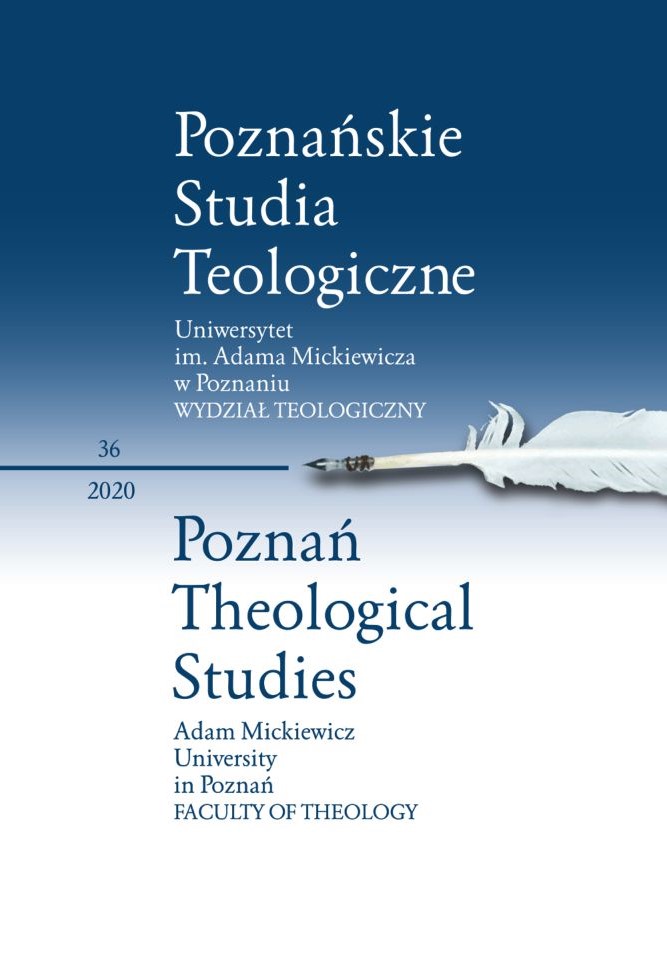The Declaration on the Doctrine of Justification — 20 Years Later
The Declaration on the Doctrine of Justification — 20 Years Later
Author(s): Bogdan FerdekSubject(s): History of Church(es), Systematic Theology, Pastoral Theology
Published by: Uniwersytet Adama Mickiewicza
Keywords: Joint Declaration on Justification; reception of the Declaration; a reinterpretation of terms: grace; sin; and justification in the spirit of deep ecology promoted by the New Age;
Summary/Abstract: The Joint Declaration on Justification is the greatest achievement in the Catholic-Lutheran theo- logical dialogue. In connection with the 20th anniversary of the signing of the Joint Declaration, the critical points of this document will be recalled. However, the document deserves much more than a reminder: its reception should continue. The lack of reception of the Joint Declaration would be a step backwards for Lutherans and Catholics on their way from conflict to community. Therefore, this paper will indicate the selected attempts of the reception of the Declaration. A threat to the Declaration would be not only the lack of reception, but also the context of post-modernity. Polish Catholic theologians have undertaken the task of reception of the Joint Declaration, and so it is in progress. Many treaties of dogmatic theology have room for the doctrine of justification. The task of the reception of the Joint Declaration it is not a matter of reinterpreting the whole of dogmatic theology in the light of the doctrine of justification, but of broadening individual treaties by show- ing their connection with justification. The teaching of justification is incomprehensible to many contemporary people, who are no longer interested in Martin Luther’s question, “where will I find a gracious God?”, that is, where will I find justification of a sinner by grace. The contemporary man does not consider himself to be a sinner at all, but a victim of various circumstances, and therefore, he seems to be reversing the problem: it is God, and not man, who needs justification, e.g. God should justify Himself before people because He allowed Auschwitz. While in the field of theology we find this reversal of the understanding of justification, outside theology, the terms used in the Joint Declaration no longer belong to the idiolect of the contemporary man. This applies above all to such terms as grace, sin and justification. Instead, we are witnessing a reinterpretation of these terms in the spirit of deep ecology promoted by the New Age movement.
Journal: Poznańskie Studia Teologiczne
- Issue Year: 36/2020
- Issue No: 1
- Page Range: 97-110
- Page Count: 14
- Language: English

